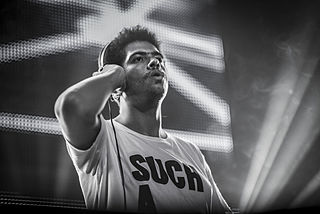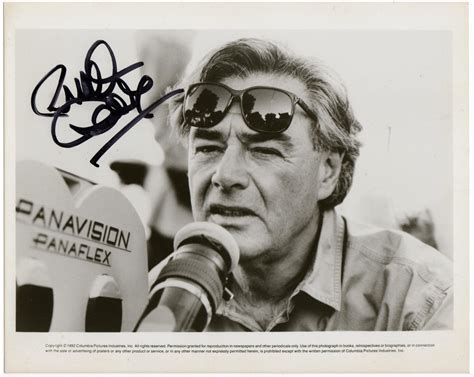A Quote by Samuel R. Delany
I was a kid who liked art and theater and dance and music, but if you lived in Harlem, high culture was somewhere else, and it wasn't black.
Related Quotes
If I hear dance music, my body starts to move. Whatever the dance music is, I can't help it. With all that, I still felt, well, rock is a little higher art, but it wasn't. Right now, because I have so much experience with dance charts, I started to realize that it's incredible art. This is going to be known one day as high art.
A real New Yorker is always someone who came here from somewhere else to avoid some kind of persecution, often sexual-preference based, or to be discovered in one of the infinite-though-no-longer-thriving alternative scenes, i.e. theater, music, dance, vaudeville, art, drag, or, in those of the greatest egos, to be 'the next Andy Warhol.'
I think this kind of bohemianism doesn't really exist in the New York city anymore - the bohemianism that I was trying to record in Carnegie Hall that completely defined our culture. The people who lived and worked in Carnegie Hall studios, they defined our culture in music, dance, theater, fashion, illustration. It wasn't so much nostalgic as a celebration of that and an acknowledgment of that and saying that it's really important. And it's actually something that is a loss for the city, I think.


































